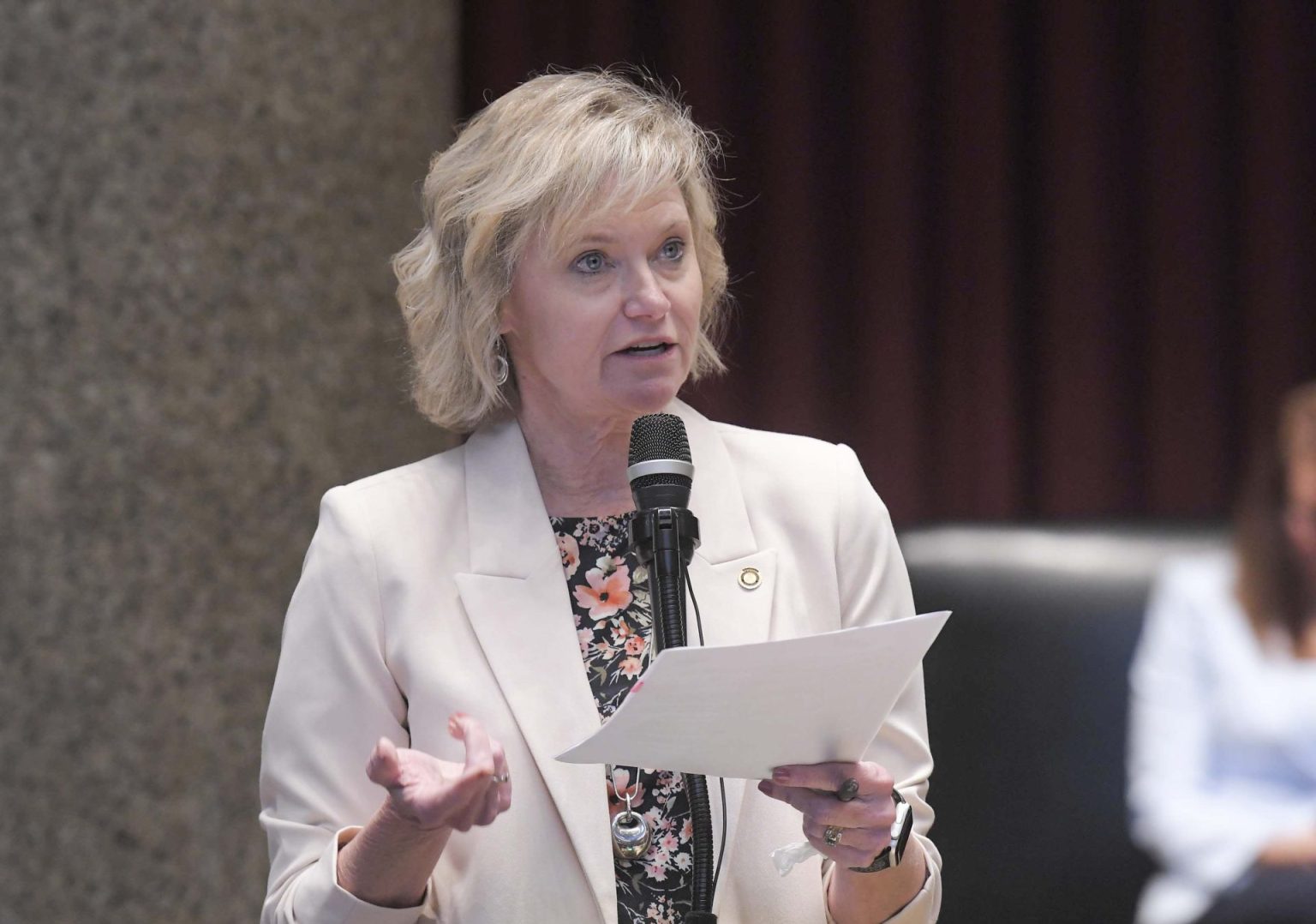
The University of Missouri is planning a groundbreaking ceremony for next Monday for an expansion of the current MU Research Reactor (MURR) in Columbia, which was built in 1966.
MURR, which operates at 10-megawatts, is the nation’s most powerful university research reactor.
UM System spokesman Christian Basi tells 939 the Eagle that the groundbreaking is for MURR West and will be an expansion of the production facilities. State Rep. Kathy Steinhoff (D-Columbia), who serves on the Missouri House Budget Committee, tells 939 the Eagle that the MURR produces critical medical isotopes.
“It is an amazing thing. I mean Mizzou was just ranked number one for a university research reactor in the whole nation. And that is probably because of the fact that they are the only ones in the nation that are producing an isotope that is been fighting all kinds of cancers worldwide,” Steinhoff says.

The current MURR near South Providence is licensed through 2037, and is down the hill from Faurot Field. It cost about $1.5 million to build. It operates 52 weeks a year, 24 hours a day, six-point-five days a week.
“It is amazing how many people … I live in Columbia and it amazing how many of my friends don’t even know that it exists right there. And it will be leading the way,” says Steinhoff.
Mizzou officials also want to build a second and new research reactor near Discovery Ridge in south Columbia, saying that is critical to ensuring a lifetime supply of isotopes needed to diagnose heart disease and to detect and treat cancer. Next Monday’s groundbreaking ceremony to expand the current MURR is not a groundbreaking for the future reactor, according to UM System spokesman Christian Basi. Mizzou’s Sarah Chinniah told Columbia business leaders in June that the proposed new reactor will cost about $1-billion and will take about ten years to build.


